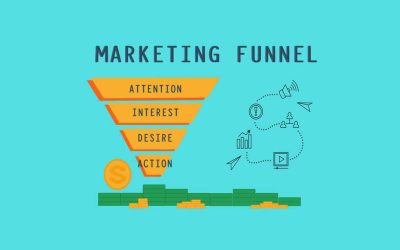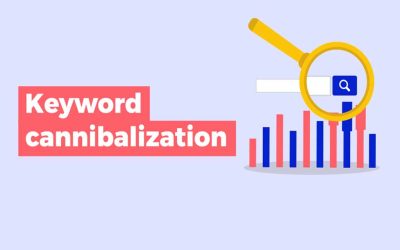What is On-Page and Off-Page SEO?
You may have heard the terms on-page and off-page SEO used before, but do you know what they mean? This article will provide a detailed explanation of what on-page and off-page SEO is.
We’ll also discuss how to use these strategies to improve your website’s rankings in search engine results pages (SERPs).
What is On-Page SEO?
On-page SEO refers to factors that directly affect your website’s SERP rankings. This includes elements like title tags, headings (Htags), meta descriptions, URLs, alt text for images/photos, and the content on each web page.
On-page SEO is important because it helps search engines understand what each web page on your site contains. It also tells them how they are related to one another so that they can determine which pages should be shown in the top results for different keywords.
What is Off-Page SEO?
Off-page SEO refers to factors that search engines use to determine website rankings.
These include inbound links from other websites, social media shares on Facebook and Twitter, mentions of your company name or brand on review sites like Yelp!, blog posts you write with a link back to one of your web pages.
If any off-page elements are linking back to your site, this tells Google’s algorithm that people think highly enough about it for them to want others visiting the page as well.
It can also be used by potential customers who found out about your business through someone else rather than directly searching online for it (for example: if they searched “dog walking service” and saw an ad for yours).

On-page and Off-page SEO
What Does On-Page SEO Entail?
On-page SEO refers to your website’s content and how it is formatted.
To build a strong on-page presence, you want to focus on search engine optimization (SEO). This means including the right keywords in neat sections of text so that they are picked up by search engines when people do searches for them.
For example, if someone was searching “how many teaspoons are in one cup” then adding this phrase into your article could help get more visitors coming through SERPs because it matches their query exactly.
What Does Off-Page SEO Entail?
Off-page SEO refers to how other websites link back to yours.
If people are sharing your content or mentioning you on their own site, this helps Google’s algorithm figure out where the best place is for your web pages (in terms of SERP rankings).
The more trustworthy sites that talk about and share information about your business, the higher it will rank in search results when someone types one of those topics into a search engine.
This can also help with online reputation management because if posts come up high enough in SERPs then they’re likely positive mentions instead of negative ones.
Contact Us Today!
As you can see, on-page and off-page are essential for boosting your website’s online presence and rankings. To get started, hiring a reputable SEO agency is key.
If you’d like to learn more about how we can help, contact us today to speak to a member of our team.




